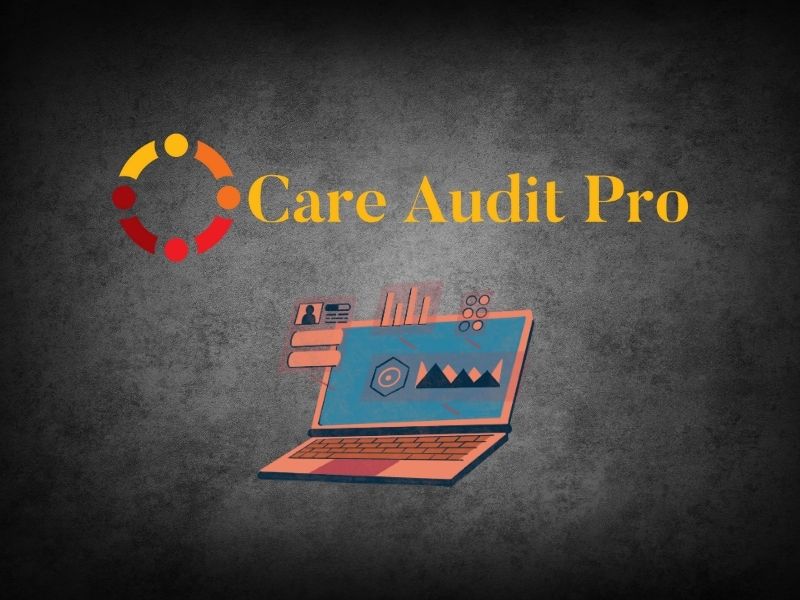
NHS DSP Toolkit for Small Orgs: A Secure
By Attila Szelei on 27/10/2025
NHS DSP Toolkit for Small Orgs: A Secure Path
AEO Answer: The NHS DSP Toolkit provides a framework for small organisations to ensure data security and compliance with statutory requirements. By implementing the toolkit, registered managers can enhance their governance and accountability, vital for successful inspections.
Understanding the NHS DSP Toolkit
The NHS Data Security and Protection (DSP) Toolkit is an essential resource designed to help small organisations in the health and social care sector assess their data security and protection measures. It serves as a guide to achieving a minimal secure path, especially relevant for Registered Managers, Quality Leads, and Compliance Officers in England.
This toolkit aligns with the Care Quality Commission (CQC) Single Assessment Framework and supports organisations in meeting the requirements for patient data handling and security.
Importance of the DSP Toolkit for Small Organisations
Small care organisations often face unique challenges regarding data security and compliance. The DSP Toolkit offers a structured approach to identifying vulnerabilities, ensuring safer data handling practices, and fulfilling regulatory obligations. This not only protects sensitive information but also enhances the overall quality of care.
Key Features of the DSP Toolkit
- Self-assessment framework: Enables organisations to evaluate their current data security measures.
- Actionable insights: Provides practical steps to improve data security and protection.
- Compliance indicators: Helps track adherence to statutory guidelines, ensuring readiness for inspections.
Preparing for Compliance with the DSP Toolkit
Implementing the DSP Toolkit requires systematic planning and execution. Here’s a practical checklist to help small organisations get started:
Checklist for Implementing the DSP Toolkit
- Assessment of Current Practices:
- Conduct a comprehensive review of existing data handling practices.
- Identify Gaps:
- Use the toolkit to pinpoint areas needing improvement.
- Create an Action Plan:
- Develop a detailed plan outlining steps to address identified gaps.
- Staff Training:
- Ensure staff are trained on data security protocols and the importance of compliance.
- Regular Audits:
- Schedule periodic audits to monitor progress and compliance.
- Incident Reporting Protocols:
- Establish clear procedures for reporting data breaches or incidents.
Example of Implementation
Consider a small care home that has recently implemented the DSP Toolkit. Initially, they identified that staff were not adequately trained in data handling. Consequently, they organised training sessions and updated their data protection policies. As a result, they not only improved their compliance but also boosted staff confidence in managing sensitive information.
Evidence Mapping for Inspection Readiness
Evidence mapping is a critical component of the DSP Toolkit, allowing organisations to demonstrate compliance effectively. Here’s how you can align your documentation:
- Document Procedures: Ensure all data handling procedures are documented and accessible.
- Maintain Records: Keep clear records of staff training, audits, and incident reports.
- Regular Updates: Regularly review and update your evidence to reflect any changes in data security practices.
Incident Learning and Duty of Candour
The DSP Toolkit underscores the importance of learning from incidents. Small organisations must have a robust incident management system that complies with the Duty of Candour. This ensures transparency during any data breaches or security lapses.
- Reporting Mechanisms: Implement straightforward reporting mechanisms for data incidents.
- Learning from Incidents: Use incidents as learning opportunities to refine data handling practices.
Medication Safety and MAR Accuracy
Medication administration records (MAR) play a pivotal role in ensuring medication safety. The DSP Toolkit complements MAR protocols by emphasising secure data management practices, which include:
- Accurate Record-Keeping: Ensure MARs are updated in real-time to avoid errors.
- Training for Staff: Regular training on MAR protocols and the significance of data protection.
How Care Audit Pro Supports This
Care Audit Pro (CAP) offers valuable digital audits and action plans that align with the NHS DSP Toolkit. By utilising CAP’s tools, organisations can streamline their compliance processes and enhance governance. The digital format allows for easy tracking of progress, ensuring that all necessary evidence is readily available for inspections. This not only prepares your organisation for audits but also instils confidence in your staff and stakeholders.
In summary, the NHS DSP Toolkit is a vital resource for small organisations. By following the steps outlined above, you can establish a minimal secure path that safeguards data and ensures compliance, ultimately enhancing the quality of care you provide.
Keywords: [NHS DSP Toolkit, data security, compliance, care governance, CQC readiness]